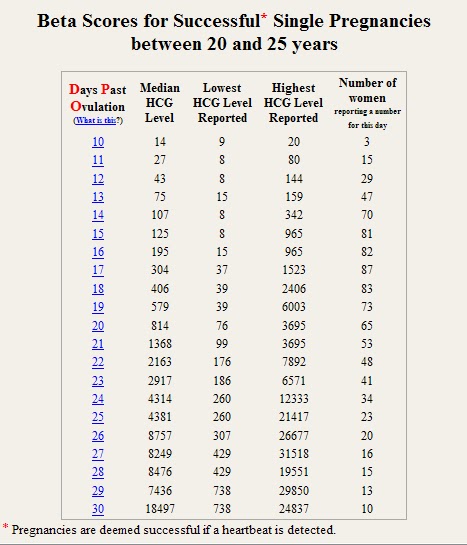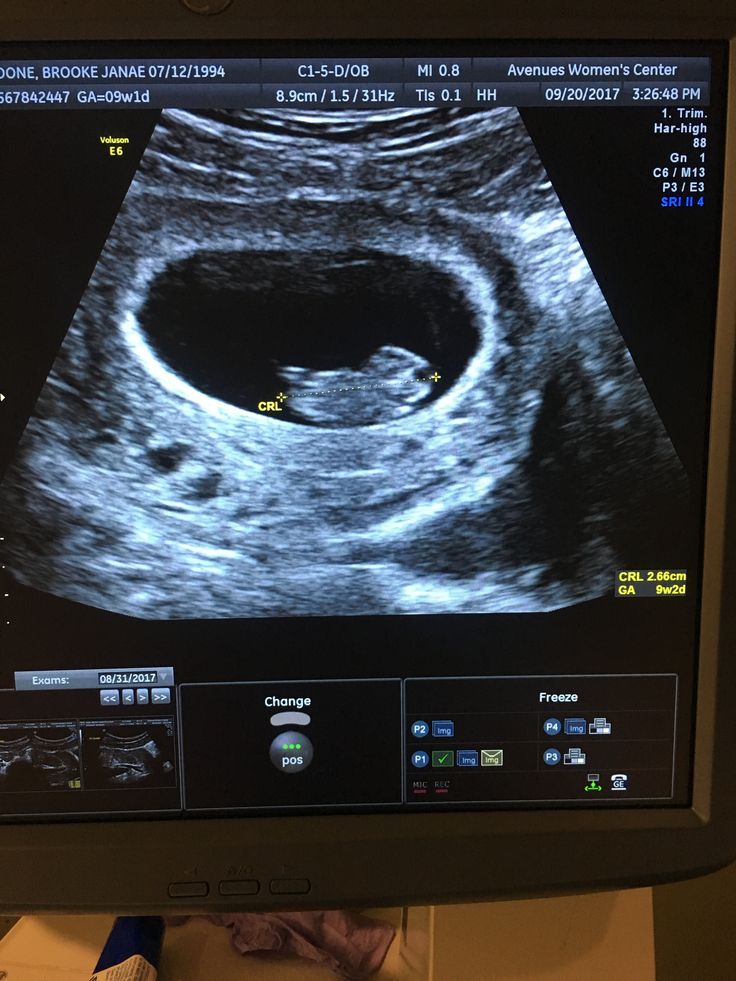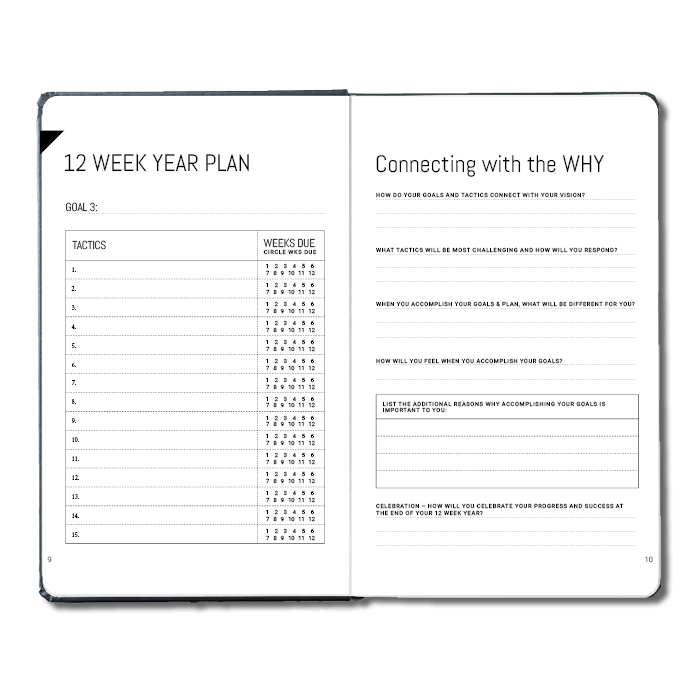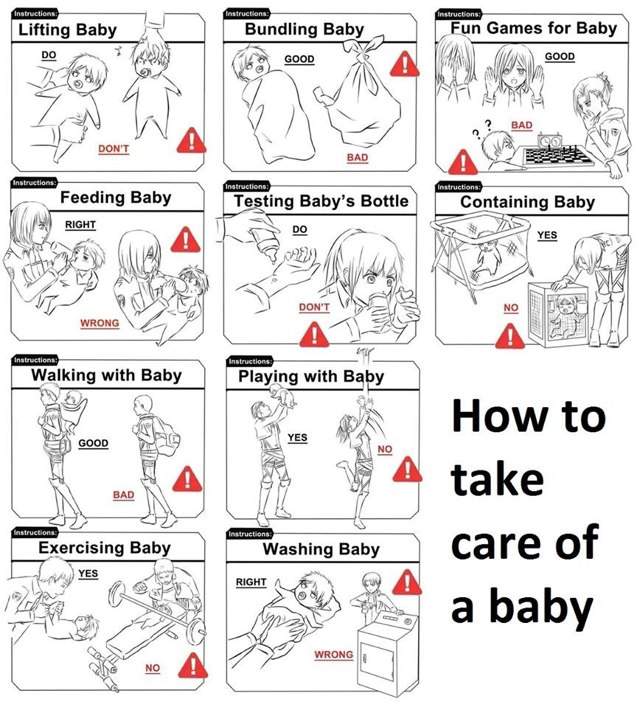How to stop child thumbsucking
Help Children Stop Thumbsucking: 9 Tips
Your preschooler won't stop sucking their thumb? Help your child kick the habit for good
Written by Heather Hatfield
Kara Angelone's 3-year-old daughter Addie was a thumb-sucker from day one -- literally. Tucked away in her baby book is an ultrasound image of Addie sucking her thumb in the womb. Now, three years later, she's still not ready to let it go.
"It makes her feel safe and comfortable," Angelone says. "I can tell it helps soothe her because, whenever she feels stressed, in goes the thumb and she calms down in a second."
But should a 3-year-old still be sucking their thumb? Experts in psychology, pediatrics, and pediatric dentistry say there are things parents can do to help their children move past thumb or finger sucking.
Soothing by Thumb Sucking
"Sucking is very natural for babies," pediatrician Robert Anderson says. "It's very common for them to use their thumbs or fingers as part of their routine to find comfort and to soothe themselves. "
Within the first few months of life, or even sooner, a baby can become a thumb or finger sucker as a way to fall asleep, to calm down, or to just feel good, Anderson says.
At this stage, not only is thumb or finger sucking common, it is considered harmless in terms of a child's growth and speech development. The questions most parents ask themselves, however, is how long should it go on? Should a child still suck their thumb when they are ready for preschool?
Kids Who Won't Quit Thumb Sucking
"Usually, a child who is in the 2- to 4-year range will start to develop other coping skills beyond thumb or finger sucking, such as language development," says pediatric dentist Mary Hayes.
Hayes says these coping skills replace the need for a child to suck on a thumb or finger. But for some kids, thumb sucking or finger sucking is harder to kick, which could lead to problems for their growing mouths.
"We used to think that as long as a child stopped sucking by the time they developed their permanent teeth there would be minimal impact on the mouth and jaw," Hayes says. "Now, research shows that thumb or finger sucking can have an impact even at a younger age -- as young as 2 to 4 years old."
"Now, research shows that thumb or finger sucking can have an impact even at a younger age -- as young as 2 to 4 years old."
Hayes, a diplomat and fellow of the American Academy of Pediatric Dentistry, says that the sucking puts pressure on the sides of the upper jaw and the soft tissue on the roof of the mouth. As a result, the upper jaw can narrow, causing the teeth to not meet properly from the top to the bottom. Although this can be fixed with braces, it can also cause speech problems such as a lisp that may need to be corrected in therapy.
The long-term effects of thumb or finger sucking don't stop there. If a child has a cross-bite, a condition in which the upper and lower teeth don't meet properly, it can make it worse. A "thumb hole" in the roof of the mouth, which comes from sucking, can cause the teeth in the back of the mouth to take on the brunt of chewing. This causes an imbalance across the teeth and affects the structure of the mouth and jaw as they are growing with the child.
"The trick is to work with the child to lessen her dependency on thumb sucking or finger sucking before the coping skill turns into a habit," Hayes says.
How to Curb the Sucking
When your child reaches the preschool age, it might be tempting to pop their thumb out of their mouth every time they start to suck, especially if you think it might be affecting the growth and development of their teeth and jaw. But you may want to consider resisting that urge and use a different strategy.
"This is a self-soothing activity," family psychologist Jenn Berman says. "It is important to remember that you will not have a child who is going off to college sucking his thumb. It will eventually come to an end."
Adults don't realize how anxiety-provoking growing up is for children, and sucking their thumbs or fingers is a soothing activity that can help reduce their anxiety, Berman says. So if your child is approaching preschool and still sucking away, here's how to handle it correctly:
- DO try to limit the time that your child sucks his thumb to his bedroom or in the house, not in public, Berman says.
 Explain to him that this is a bed activity during nap time and at night.
Explain to him that this is a bed activity during nap time and at night. - DON'T turn it into a confrontation. "Don't tell your child, ‘You cannot suck your thumb anymore,'" Anderson says. "Try to recognize him and praise him when he's not sucking his thumb instead of criticizing when he is."
- DO talk to your child about their thumb sucking or finger sucking. "Help your child understand that when she is ready to stop, you will be there to help," Berman says. "She will eventually come to you and tell you, ‘Mommy, I don't want to suck my thumb anymore,' because you've empowered her to get there."
- DON'T prohibit your child if he tries to suck his thumb or fingers after being hurt or injured. "He needs to be in his comfort zone, and by not letting him go there, you're only traumatizing him more," Berman says.
- DO practice self-awareness with your child. "When your child is sucking his thumb, ask him, ‘Do you know you are sucking your thumb now?'" Hayes says. "If he says no, help him recognize that, and find another way to soothe him if he needs it, like a blanket or stuffed animal.
 "
" - DON'T use the nasty-tasting stuff that is marketed to stop thumb sucking and finger sucking. "It's just cruel," Berman says. "It's pulling the rug out from under your child and that's not fair."
- DO come up with creative ways to help your child understand that they are growing up and one day won't suck their thumb anymore. "Ask your child, ‘Do you think Bob the Builder sucks his thumb?'" Hayes says. "Then they'll think about, and start to process whether they want to be sucking their thumbs anymore."
- DON'T try a glove or a mitten on the hand as a quick-fix to thumb or finger sucking. "This will just frustrate them and cause more anxiety," Anderson says. "Likely, they're old enough to just take it off, and as a result, they'll just want to suck more."
- DO remember that a child will grow out of the need for thumb sucking or finger sucking when he's good and ready. "While parents may not like it, it's best left alone," Berman says. "Kids will eventually give it up.
 "
"
Tips to Break Your Child’s Habit
We include products we think are useful for our readers. If you buy through links on this page, we may earn a small commission Here’s our process.
Healthline only shows you brands and products that we stand behind.
Our team thoroughly researches and evaluates the recommendations we make on our site. To establish that the product manufacturers addressed safety and efficacy standards, we:
- Evaluate ingredients and composition: Do they have the potential to cause harm?
- Fact-check all health claims: Do they align with the current body of scientific evidence?
- Assess the brand: Does it operate with integrity and adhere to industry best practices?
We do the research so you can find trusted products for your health and wellness.
Read more about our vetting process.From the moment they first discover their fingers and toes (consciously or not), many babies have a fascination with sucking their thumbs. You may even have left an ultrasound appointment during pregnancy with a grainy photo of your little one happily self-soothing in the womb.
You may even have left an ultrasound appointment during pregnancy with a grainy photo of your little one happily self-soothing in the womb.
Sure, it was cute back then — but now your child is 3 or 4, and getting them to stop sucking their thumb seems about as easy as convincing them that the blue cup is just as good as the red one. In other words, it’s never gonna happen.
Meanwhile, well-meaning friends, family members, and even strangers at the grocery store are warning you that letting your child suck their thumb for too long can lead to a bunch of oral and dental problems. Great.
Relax, mom or dad. Your kid’s not gonna go off to college sucking their thumb. But it’s true that it may be a good idea to help your little one kick the habit at a certain point. And if you’ve decided now’s the time, here’s how to stop it — plus everything else you need to know about thumb sucking.
Although most kids stop thumb sucking on their own before they enter kindergarten, you know your child best — and if you feel they need a little extra intervention, there are plenty of strategies and products that may help.
These strategies work best for older children who want to stop.
Open up a dialogue
Some kids just don’t realize that sucking their thumb is a habit they should outgrow. Ask your child — in a curious rather than condemning way, of course — why they suck their thumb. Does it feel good? Do they even know they’re doing it? Is there something else they can do (like hugging a lovey or counting slowly to three) that will make them feel just as good?
Learn about thumb sucking together
If your child gets most of their life advice from Daniel Tiger (or Peppa Pig, or Paw Patrol), you might want to tap that resource. Watch a TV show where a character has to break a habit, and then talk with your child about doing the same.
You can also read a book, like Thumbs Up, Brown Bear or I Can Do It — I Don’t Need My Thumb.
Apply bitter nail polish
Also a strategy used for aggressive nail biters, bad-tasting polish applied to the fingers can deter a thumb sucker.
But some experts don’t recommend this approach since it’s not the nicest way to break your child’s habit. But for kids who are motivated to stop and just need a quick reminder not to suck, one taste of this stuff can keep them on track. It’s also discreet and doesn’t interfere with movement.
Observe thumb-sucking patterns
If you notice your child only sucks their thumb before bedtime, they may just need another way to wind down and prepare for sleep. You may want to try offering a warm cup of milk or a toddler-safe herbal tea before nighttime teeth brushing.
If you notice they pop their thumb in their mouth every time they’re anxious, angry, or sad, help them look for another coping mechanism — like a mindfulness activity — to replace the thumb sucking.
Offer rewards and incentives
Reward systems can be tricky: They don’t work for all kids and, when they do, it can be hard to phase them out. Still, some kids are highly motivated by a visual representation of their progress (like stickers or small tokens), and the opportunity to earn prizes or privileges for every day they go without sucking their thumb.
Keep in mind that children — like all of us, really — can be pretty good at hiding a behavior they don’t want to give up.
Related: Creating a behavior chart
Use a finger guard
There are many kits available online designed to physically prevent your child from sucking their thumb. Some are plastic, while others are more like flexible gloves.
On the plus side, these are chemical-free and mostly childproof so your child can’t remove them. The downsides are that they’re very noticeable and can make it hard for your child to use their hand for playing or feeding themselves.
Establish rules or boundaries
Telling your child they can suck their thumb only when they’re in bed or while watching TV is a good way to phase out the habit without turning it into a power struggle. Your child still gets to do it, but will hopefully need it less and less over time.
Try role playing
If your child has a favorite stuffed animal or toy, use it to your advantage! Pretend that Teddy wants to stop sucking his thumb. Ask your child if they can help Teddy by setting a good example and offering suggestions.
Ask your child if they can help Teddy by setting a good example and offering suggestions.
Use visual reminders
A child who’s motivated to stop sucking their thumb but keeps forgetting may benefit from a visual reminder. Try tying a bow or elastic band around their thumb (not too tight!) or putting a temporary tattoo on the back of their hand so they remember to stop before they even start.
Use a hand stopper
This flexible brace attaches to your child’s elbow and prevents flexing, so they can’t bend their arm enough to bring their hand to their mouth. If your child’s habit is severe, this may be the only tool that helps — but it may also limit their movement so much they’ll feel frustrated.
Bring them to the dentist
Your child may need a nudge from someone other than you (don’t take it personally) in order to kick the thumb-sucking habit for good. Make a dentist appointment and ask the pro to talk with your little one about taking good care of their mouth and teeth.
Most pediatric dental offices have lots of colorful, kid-friendly educational resources — and, at the very least, they may be able to put your mind at ease as to whether the habit is interfering with your child’s oral development.
Did you know?
Did you know that thumb sucking in the womb may be an early sign of future handedness? It’s true!
In a 2005 study, researchers followed 75 children who were seen sucking their thumbs in the womb. They found that all of the babies who had sucked their right thumbs were now right-handed (at the ages of 10 to 12). Two-thirds of the babies who had sucked their left thumbs were left-handed.
Clearly, there may be something instinctual in a baby’s desire to prefer one thumb over the other — but why do babies suck their thumbs at all?
According to the American Academy of Pediatrics, all babies are born with an intense need to suck. And that’s a good thing, because sucking is how babies eat from the breast or a bottle.
Babies also find the sucking sensation soothing and many continue to do it outside of feeding sessions. While some babies and toddlers prefer using pacifiers to satisfy their sucking needs, other babies find their thumbs or fingers to be the best — and most available! — tool for self-soothing.
Most parents who have concerns about thumb sucking are worried it will cause long-term damage to their child’s teeth, mouth, or jaw. Especially considering the cost of orthodontic treatments, these fears are completely understandable!
Thankfully, the American Dental Association (ADA) asserts that most children will stop thumb sucking on their own between the ages of 2 and 4. And even after age 4, doctors don’t recommend parents aggressively try to stop the behavior because putting too much pressure on your child can have the opposite effect.
Here’s more good news: If your child only sucks their thumb infrequently — like at bedtime — or keeps their thumb passively in their mouth as opposed to strongly sucking, there isn’t much risk of long-term side effects.
It may even benefit their immune system: A 2016 study suggests that kids who suck their thumbs receive so much exposure to common household microbes that it may reduce their risk of allergies and asthma. (This isn’t a green light for your kiddo to lick the table at your local fast-food joint, but it’s still reassuring.)
On the other hand, if your child is a vigorous or consistent thumb-sucker, you may want to make a plan for phasing out the behavior. The ADA says kids who suck their thumbs beyond the age of 6 or so (when the permanent teeth come in) can disrupt the growth of their mouth and the alignment of their teeth.
The authors of one case report suggest that breaking the habit can stop or reverse many of the problems associated with thumb sucking, though some kids will still require orthodontic correction even after the habit is broken.
Is it the end of the world if your child is still sucking their thumb when they’re 4 years old? No — but it can still be stressful for you as a parent, especially if the behavior continues after your child has entered kindergarten.
If you’re struggling to help your kiddo quit their thumb-sucking habit (or wondering if the thumb sucking may be related to deeper issues with stress or anxiety), call your child’s doctor and make an appointment. They can evaluate your child’s mouth, talk to your child about their reasons for thumb sucking, and point you both toward the next step.
How to wean a child from sucking his thumb: a step-by-step instruction from psychologists
First, let's figure out why this happens at all? Why does a child suck his thumb? Indeed, in fact, this is a fairly common occurrence, not only in families with kids, but also where there are preschoolers. At what age is thumb sucking normal?
— At the age of 2-3 months, the child finds his hands and immediately puts them into his mouth for examination, says child psychologist Ksenia Nesyutina . - This is absolutely normal, and if parents, worried that the child will suck their fingers in the future, do not allow sucking and put a pacifier in their mouth, then this harms the development of the child. Indeed, in order to start using the hands, in order to develop motor skills, the hands must first be found and examined by the mouth.
Indeed, in order to start using the hands, in order to develop motor skills, the hands must first be found and examined by the mouth.
Well, if the baby has grown up, but the habit has remained, you need to figure it out. There are many reasons for thumb sucking.
- At about 1 year of age, thumb sucking may indicate an unsatisfied sucking reflex. As a rule, at this time, children are actively transitioned from breastfeeding or formula to regular food. Not all children easily adapt to this and sometimes begin to express lack by sucking their fingers, explains Ksenia Nesyutina. “At the age of 2 years, thumb sucking is usually a sign that something is bothering the child. Often these anxieties are associated with separation from the mother: the mother goes to her room for the night and the child, experiencing this, begins to calm himself by sucking his finger. But there may be other more complex anxieties. In the future, this may transform into the fact that the child will bite his nails, pick at wounds on the skin or pull out his hair.
Thus, we understand: if the baby is just beginning to get acquainted with his body and the world around him, then let him calmly suck his fingers. Nothing will fade. But if time passes, the little person grows up and has been going to the garden for a long time, and the fingers are still “hiding” in the mouth, measures must be taken.
But weaning a child from sucking his thumb is not an easy task.
Photo: globallookpress.comFind the moment
It turns out that finger-to-mouth is not just a habit. According to our expert, thumb sucking can be psychologically an established compensatory mechanism.
“In other words, thumb sucking gives the child (compensates) something that he cannot receive emotionally,” says Ksenia Nesyutina. - For example, we are talking about an anxious mother - it is difficult for her to calm the child, give him support and confidence. In order to somehow calm himself, the child does not use “mom's calm”, but sucks his thumb.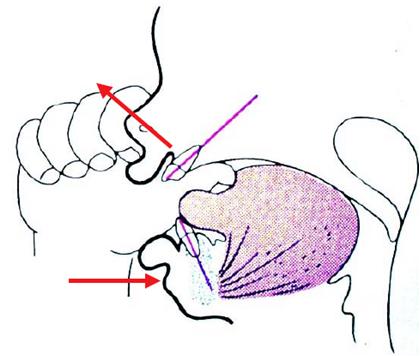 That is, the child is already 3-4-5 years old, and he is still calming down like a baby of 3-4 months - with the help of sucking.
That is, the child is already 3-4-5 years old, and he is still calming down like a baby of 3-4 months - with the help of sucking.
To wean a child, you need to find the root cause. That is, to understand why the child puts his hands in his mouth, what he replaces in this way and how he can provide this need on an emotional level.
— It is important to pay attention to when the child puts his fingers in his mouth: for example, before going to bed, when he plays with toys himself, in the kindergarten. Most likely, these are stressful moments for the child. It is important to help the child adapt to this activity so that it does not cause so much anxiety in the baby, the psychologist recommends.
Through the game
It's probably not a secret for you that the game for children is not only an option to pass the time, but also a way to get to know the world around, help in development and sometimes even therapy.
Play can help a child deal with anxiety.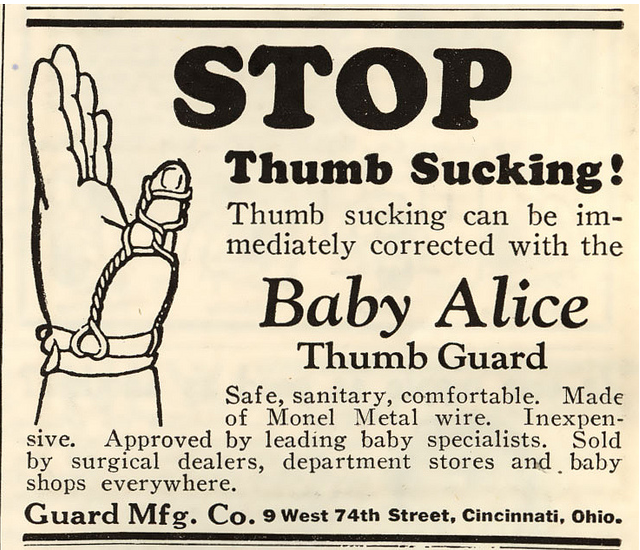
— If a child is older than 3 years, then from the point of view of psychology, it is possible to wean a child if the very need to suck his thumb goes away, — notes Ksenia Nesyutina. - That is, the child is anxious, and compensates for the anxiety by sucking his thumb. And here parents should be included: you can help to cope with anxieties, fears with the help of games, conversations, lullabies, reading fairy tales. It is much better if the child plays with toys or draws what he is afraid of, what he is worried about than just compensating for this tension by sucking his thumb.
Prohibit: yes or no
However, you must admit that it is very unpleasant to watch how a grown child slobbers his finger again. The parent is an adult, he understands that this is wrong, but not everyone knows how to respond competently. And what begins? “Remove your finger from your mouth!”, “So that I don’t see this”, “It’s impossible!” and everything like that.
But, firstly, such a technique does not always work. And secondly, it can be fraught with consequences.
And secondly, it can be fraught with consequences.
“A direct ban on thumb sucking or other drastic measures, such as sprinkling pepper on fingers, lead to even more negative consequences,” emphasizes psychologist Nesyutina. - If earlier the child could not cope with psychological stress and compensated for it by sucking his thumb, now he cannot even do this. And what's going on? The tension goes inside, into the body and can subsequently manifest itself in even more “strange” behavior or even diseases.
Therefore, you should not solve the problem with a "whip" - it is better to re-read the previous two points again.
No stress - no problems
And there is also a story: everything seems to be fine, the child does not have bad habits, but suddenly - once! - and the child begins to suck his fingers. And the child, by the way, is already four years old!
Don't panic.
- In moments of stress, even a child of 3-4 years of age or even a preschooler may begin to suck his fingers. You can pay attention to this, but, as a rule, as soon as the stress is compensated, the habit disappears by itself, says our expert.
You can pay attention to this, but, as a rule, as soon as the stress is compensated, the habit disappears by itself, says our expert.
But stress can be different, and if you understand the reason (for example, the whole family moved to a new place or the grandmother scolded the child), then this can be said, consoled, reassured. And if thumb sucking occurs, it would seem, for no apparent reason, then it will not prevent the parent from “pricking up his ears” and trying to understand, ask the child what is bothering him or who scared him.
Pay attention to… yourself
No matter how blasphemous it may sound, it happens that the reason for the baby's anxiety lies in his… parents. Yes, it’s hard to admit it to yourself, but it happens that it is the mother who creates the stressful situation.
— Among other things, it is often helpful for a parent to see a psychotherapist himself. This helps to remove the emotional stress from the parent, which anxious mothers tend to broadcast to their children, says Ksenia Nesyutina.
Frequently asked questions and answers
What is the risk of constant thumb sucking?
— If you do not go into physiological problems that may be associated with bite, speech, then at least this is a symptom that says that the child has difficulties in the psycho-emotional plan. These are not necessarily complex unsolvable problems, but it is worth paying attention to and, perhaps, the parent should change the way they care for and communicate with the child, the psychologist recommends.
When should you seek help from a specialist?
It is necessary to go to a specialist if this issue worries a parent a lot. The fact is that thumb sucking most often indicates that the parent cannot provide the child with a sense of stability and reliability. And if the mother herself is drowning in anxiety, then help from the outside will definitely not hurt here, moreover, the help of a specialist, says Ksenia Nesyutina. - If we are talking about a child, then it is better to start with a pediatrician. He will appoint an examination of the necessary specialists. But, as a rule, it is with this problem that psychologists work.
He will appoint an examination of the necessary specialists. But, as a rule, it is with this problem that psychologists work.
How to wean a child from sucking his thumb: advice from a pediatrician and a dentist
Why a child sucks his thumb
As Irina Meshcheryakova, a pediatrician at the SM Clinic in St. Petersburg, explained to Gazeta.Ru, the reflex process of sucking appears in children even in the womb. Often, with an ultrasound examination, it is possible to see that the child is sucking on his fingers.
After the birth of , baby may suck her thumb to satisfy the sucking reflex - especially if the mother, for some reason, stops breastfeeding too early and transfers the baby to artificial feeding. Also, most children put their fingers in their mouths for the purpose of self-soothing.
“If a child is anxious, then such an activity allows him to feel the comfort and security that he receives at the mother’s breast,” explains the pediatrician.
The habit of thumb sucking can be explained by problems in the emotional sphere, for example, when a child lacks acceptance, care and love.
Why is the habit of sucking fingers dangerous? from the gastrointestinal tract. And, of course, do not forget that the oral cavity is the "entrance gate" for infection. Unwashed hands that a child constantly puts into his mouth are the cause of many infectious diseases.”
In addition, the doctor warned that you need to pay attention to how the child holds his fingers in his mouth: loosely or presses on the gum. In the second case, bite changes, the formation of a gap between the upper and lower front teeth, forward tilt of the front teeth, narrowing of the upper jaw are possible.
How breastfeeding affects bite
As Vladimir Losev, dentist, head doctor of the Megastom clinic, explained to Gazeta.Ru, breastfeeding has a positive effect on the formation of bite in children: “Sucking a female breast is accompanied in a child by certain efforts of the dentoalveolar system and head and body position. The muscles that help develop the jaws correctly are involved, in particular the position of the lower jaw. Thanks to this, the correct position of the articular head and articular surface is formed.
The muscles that help develop the jaws correctly are involved, in particular the position of the lower jaw. Thanks to this, the correct position of the articular head and articular surface is formed.
Starting a baby early on artificial feeding can develop a habit of sucking his fingers - in this way the baby will try to get closer to the sensations that he experienced at the mother's breast. However, this is fraught with the formation of an incorrect bite.
close
100%
Formation of malocclusion (open bite)
Vladimir Losev warns parents that bite deformity can be caused not only by the baby's thumb sucking habit, but also by the use of the wrong nipple when switching to artificial feeding. The situation is aggravated when the child lies not on its side, but on its back - in this position, other muscle groups are involved (in contrast to what happens during natural breastfeeding), which leads to an incorrect formation of the lower jaw.
“This leads to a decrease in the volume of the lower jaw, it narrows - accordingly, there is a decrease in the volume of the oral cavity, there is little room left for the tongue, it begins to strive outward. All this causes the front teeth to be pushed out - thus an open bite is formed, ”explains the doctor.
All this causes the front teeth to be pushed out - thus an open bite is formed, ”explains the doctor.
The dentist also noted that there are special anatomical nipples that are designed so that the child does not experience bite changes and is formed correctly, as during breastfeeding.
“They must be used from six months to a year. During this period, the formation of the joint takes place, ”explains Vladimir Losev.
It is also important to wean the child from sucking fingers in time.
close
100%
At what age should a child stop sucking his thumb
Coercion will only slow down learning: how to potty train a child
The process of potty training a child for most parents looks difficult and lengthy ...
April 21 12:26
In the first year of life, the habit of sucking fingers is not so dangerous, however, the sooner the child gets rid of it, the less unpleasant consequences it will have, explains Irina Meshcheryakova.
“It is believed that at the age of three or four this habit should disappear on its own and without any special consequences. The main thing is that the child should stop sucking his thumb before the age of six or seven, when the milk teeth are replaced by permanent ones. If the habit persisted at an older age and permanent teeth fell under the influence, then you need to contact an orthodontist, ”comments the pediatrician.
How to wean a child from thumb sucking
If a small child constantly puts his fingers in his mouth, then the correct approach to feeding will help to get rid of this habit.
“If the baby sucks his fingers between breastfeeds, it is worth increasing the time of the meal. If the child is artificially fed, the diameter of the hole in the nipple should be reduced so that the feeding process becomes longer,” recommends Irina Meshcheryakova.
The pediatrician emphasizes that in no case should a child be punished for a bad habit. Parents who try to wean their child from sucking fingers with mustard are also making a mistake.
Build, destroy and hide. How a child’s body and psyche “breaks down” without ordinary games
Any healthy child is inquisitive by nature - even the simplest toys make him...
April 21 12:31
“You should not try to smear a child's fingers with strong-smelling substances, bitter varnish or savory sauces - this will not lead to the desired result. The baby can be put on mittens at night so that he cannot suck his finger in his sleep, and during the day gently remove the hands from his mouth. You need to control this process calmly and methodically. But no more than that, since the stress of screaming or punishment, on the contrary, will lead to the fact that the baby will suck his fingers even more - because this process calms, ”warns Dr. Meshcheryakova.
If you can't get rid of this habit, then you should think about the psychological state of the child. Perhaps a traumatic situation persists, or the child simply does not know what to do with himself.



